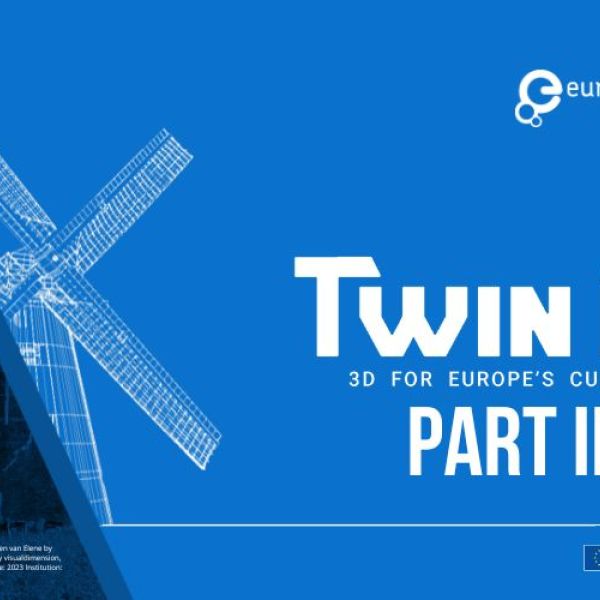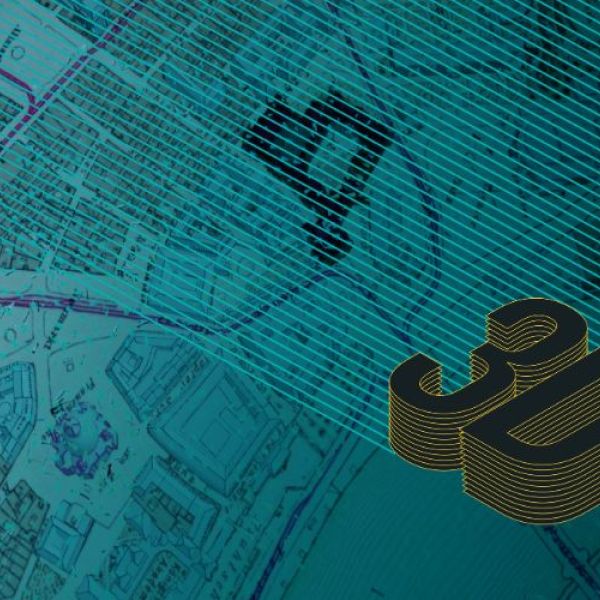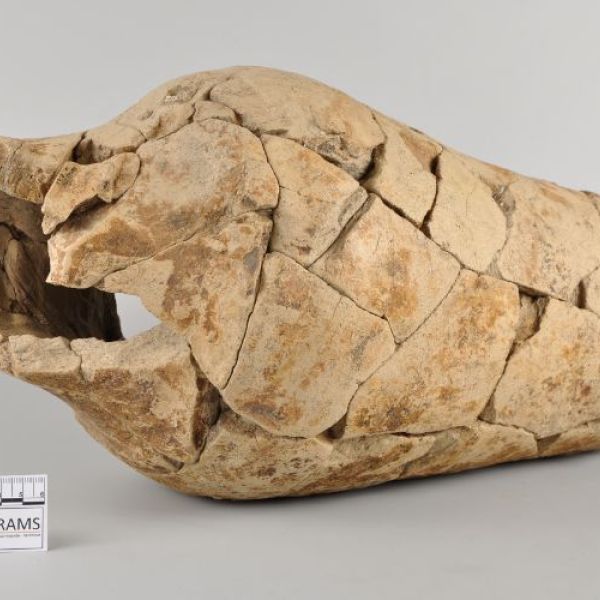Under Twin it! (June 2023 – June 2024), the Ministries of Culture of the European Union Member States were invited to liaise with their national cultural institutions to submit at least one 3D digitised heritage asset to the common European data space for cultural heritage. Twin it! 3D was a campaign by the European Commission and the Europeana Initiative, under the auspices of the Swedish and Spanish Presidencies of the Council of the EU, culminating during the Belgian Presidencies.
As of June 2025, we are delighted to run Twin it! Part II, once again in partnership with the European Commission, and during the Polish, Danish and Cypriot Presidencies of the Council of the EU. Twin it! Part II aims to further support EU Member States in their 3D digitisation and preservation efforts — now with a sharper focus on how the digitised assets will be used.




